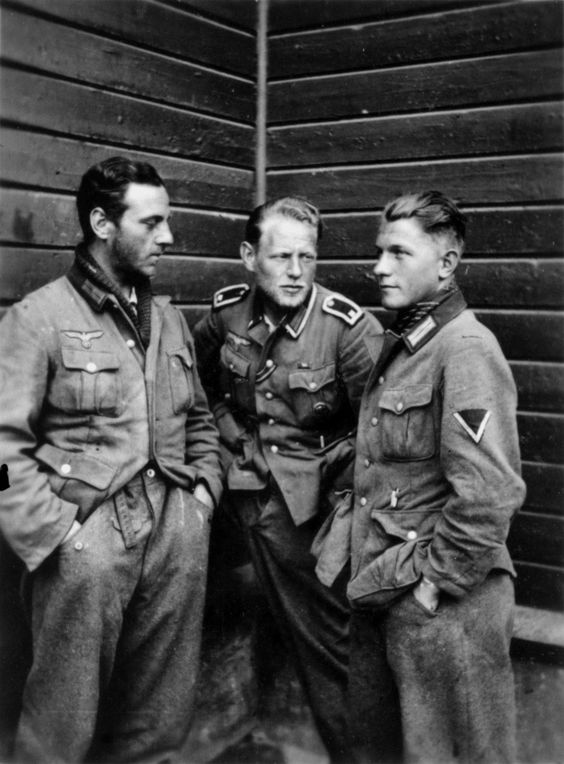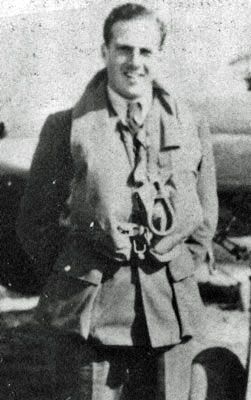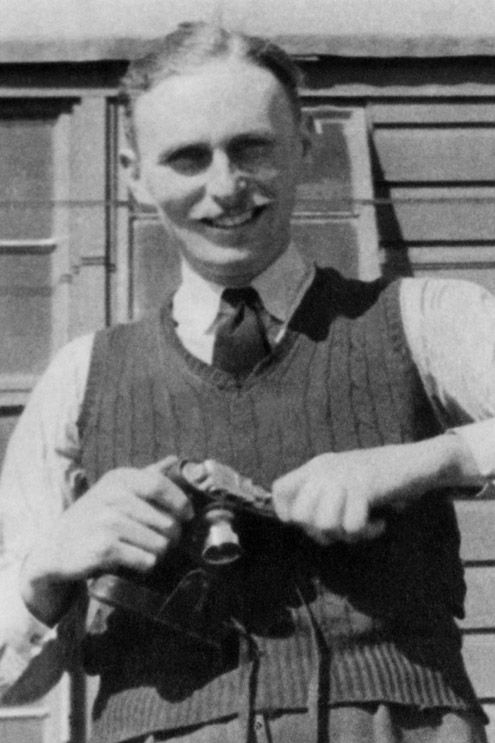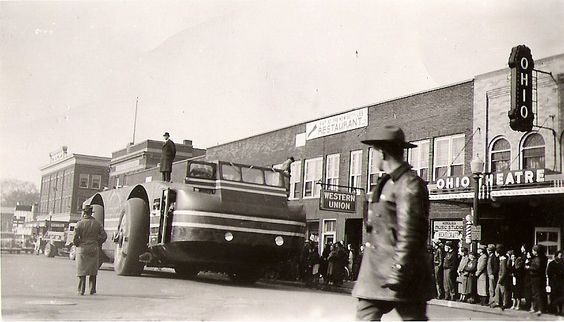Thursday 13 June 1940
Churchill, Lord Halifax, Lord Beaverbrook and the rest of the British delegation fly back to London. They decide that enough is enough and that another BEF evacuation is necessary. This is the parting of the ways of the British and the current French national government, though everything remains amicable and civil. It is now a question of managing the dissolution of the military alliance. The future of France and its relations with the United Kingdom is extremely uncertain.
German spearheads are crossing the Seine over three bridgeheads. They are attacking towards Pacy-sur-Eure and Evreux. Meanwhile, another dozen German divisions are attacking toward Senlis and Betz. Panzer Group Kleist captures Saint-Dizier and Troyes. The 6th and 8th Panzer Divisions of German 12th Army break through the French 2nd Army line in the vicinity of Bar-le-Duc.
French forces are withdrawing all along the line past Paris, which is an open city, to the Loire. Oil tanks in the suburbs are burning. German troops of the 18th Army are in the suburbs and moving steadily toward the city center. French troops launch a pointless counter-attack at Persan-Beaumont 17 miles north of Paris. It advances 5 miles, but German troops are streaming in the other direction all around it. There are no troops between the Germans and the entire city of Paris, and they are advancing steadily.
U-25 (Kapitänleutnant Heinz Beduhn) torpedoes and sinks 17,046-ton armed merchant cruiser Scotstoun (converted Anchor Line passenger ship Caledonia) about 80 miles off of the Outer Hebrides, Scotland. The attack lasts all day, but Scotstoun finally succumbs. Seven crew perish, 345 others are picked up by destroyer HMS Highlander (H 44).
British tanker Inventor hits a mine and sinks in the English Channel.
Escort destroyers HMS Antelope and Electra collide in the fog off Norway and both require extensive repair.
A German seaplane spots two survivors of the HMS Ardent in the water. They somehow have survived since 7 June. After picking them up, one dies from exposure, malnutrition, etc. The other man, able seaman Roger Hooke, is Ardent's only survivor and, in extremely poor condition, is taken as a prisoner.
Convoy OA 167 departs from Southend, Convoy OB 167 departs from Liverpool, Convoy HG 34F departs from Gibraltar, Convoy HX 50 departs from Halifax.
Battle of the Mediterranean: Italian destroyers Baleno and Strale sink Royal Navy submarine Odin. All 56 crew perish.
A French cruiser squadron bombards Genoa during the night.
Battle of the Pacific: German raider Orion lays mines off of Auckland, New Zealand.
European Air Operations: Italy's Regia Aeronautica raids the French naval base at Toulon. It also raids Aden but is driven off with losses, and Malta.
The RAF raids German bridgeheads on the Seine all along the front to the Maginot Line.
The RAF is gradually evacuating its units from France.
North Africa: The British Army captures 52 Italian soldiers during the night, many of whom have no idea that they are at war.
The RAF raids Fort Capruzzo on the Libyan border with Egypt. It also raids Assab in Italian East Africa. South African aircraft chip in with a raid on Kismayo in Italian Somaliland.
The Regia Aeronautica hits British vehicles near the Libyan border in Egypt.
Norway: While the Allies have departed and the Norwegians have surrendered, many areas of the large country remain unoccupied by the Germans. Today, some of General Dietl's 3rd Mountain Division troops quietly occupy Tromso.
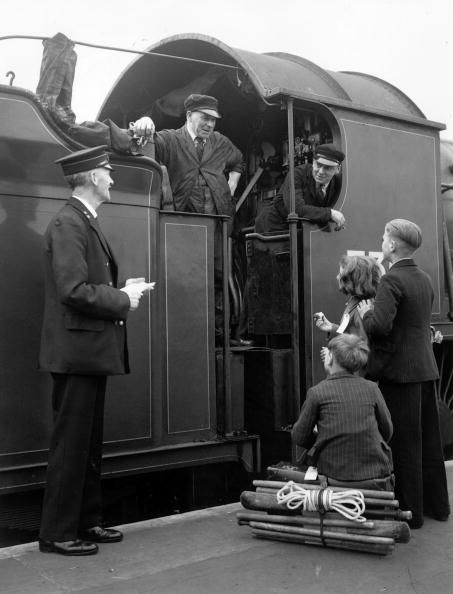 |
| 13th June 1940: London schoolchildren are evacuated. (Photo by David Savill/Topical Press Agency/Getty Images). |
US Government: President Roosevelt signs a $1.3 billion Navy bill, which is unprecedented in amount. The first shipment of surplus artillery, rifles and other smaller weapons leaves the USA on the SS Eastern Prince. To avoid the Neutrality Laws, the arms are first sold to a steel company, which then re-sells them to the British government.
Holland: The Dutch government-in-exile announces the formation of a Netherlands Legion to be composed of all available domestic and overseas troops.
Spain: Generalissimo Francisco Franco reiterates his policy of non-belligerency, which of course tilts toward Germany. Spain is of vital strategic importance to both sides due to its ability to take Gibraltar and close off the Mediterranean.
China: The Japanese launch a terror raid on Chungking that starts massive fires.
French Homefront: Paris is largely deserted. Jewish citizens, in particular, have been quick to leave, for obvious reasons. There are oddities of a suddenly abandoned major city: for instance, herds of cattle roam the streets, as the men operating the slaughterhouses have left.
British Homefront: The government renews its evacuation plans for schoolchildren since so many returned home over the winter. Plans are to disperse 120,000 kids from London and other large cities in the south such as Dover. All children are required to carry gas masks at all times. Many of the masks have been brightly colored to make them more attractive to children, and they are carried in ubiquitous boxes.
A new law specifies that church bells are to be rung only as a signal of a German invasion.
Members of Parliament ask to be issued sidearms since rumors are flying that they are on German assassination lists. The request is refused.
June 1940
June 1, 1940: Devastation at Dunkirk
June 2, 1940: Hitler Visits France
June 3, 1940: Operation Paula
June 4, 1940: We Shall Fight
June 5, 1940: Fall Rot
June 6, 1940: Weygand Line Crumbling
June 7, 1940: British Evacuating Narvik
June 8, 1940: Operation Juno
June 9, 1940: Norway Capitulates
June 10, 1940: Mussolini Throws Down
June 11, 1940: Paris an Open City
June 12, 1940: Rommel at St. Valery
June 13, 1940: France Goes Alone
June 14, 1940: Paris Falls
June 15, 1940: Soviets Scoop Up Lithuania
June 16, 1940: Enter Pétain
June 17, 1940: The Lancastria Sinks
June 18, 1940: A Day of Leaders
June 19, 1940: U-boats Run Wild
June 20, 1940: Pétain Wilts
June 21, 1940: Hitler's Happiest Day
June 22, 1940: France Is Done
June 23, 1940: Hitler in Paris
June 24, 1940: Six Million Jews
June 25, 1940: German Celebrations
June 26, 1940: USSR Being Belligerent
June 27, 1940: Malta in Peril
June 28, 1940: Channel Islands Bombed
June 29, 1940: Gandhi Insists on Independence
June 30, 1940: Channel Islands Occupied
2020
